|
This is dandelion season.
Just about now there’s an explosion of yellow flowers everywhere you look. But don’t be in too much of a rush to cut them. They’re an important early source of nectar for bumble bees - and let’s face it, they need all the help they can get right now. But in some places there are so many, you wouldn’t notice a bucket picked to make a very interesting springtime country wine. And ready just in time for a late summer evening chill-out. Here’s an excellent article and easy recipe from the Guardian. https://www.theguardian.com/lifeandstyle/wordofmouth/2012/apr/04/how-to-make-dandelion-wine BTW you don’t need glass demijohns - you can recycle gallon mineral water containers and drill a hole in the lid if you know someone that uses them. You can make this recipe anytime, but spring dandelions are the best.
0 Comments
No it’s not one of those…
Its useful. Even with it being the Winter Solstice, we still have the worst of the weather ahead and thats really tough on our shoes and boots. Particularly if you prefer leather to man-made footwear like I do. So here’s a wee recipe to make your own leather conditioner/ waterproofer using natural ingredients which actually feeds the leather and will polish up too. I’ve been using it for ages and its keeps leather supple and feet dry. You need to double boil the solid ingredients by using a small pot floating in a pan of boiling water. (If you heat it directly on the cooker you risk it catching fire.) Then add the liquids. Melt: Beeswax - 1 part Coconut oil - 1 part Then add Castor oil (or linseed oil) - 2 parts Almond oil - 2 parts Mix together and pour into shallow jar etc. Allow to cool. If you want it softer, add more oil; more waterproof and solid, add more beeswax. You can experiment with ratios and you can add a few drops of essential oil for a nice smell. The almond oil principally feeds the leather. It isn’t instant like shop bought boot polish and doesn’t have any colour (although you could add some earth pigments at your discretion.) But leave it a while to soak in and dry and it will polish up a treat. If you need to do some serious leather reconditioning, apply thickly and melt in with a hairdryer/ at the fire etc. I love this stuff - and I hope you will too. Merry Christmas, Happy Solstice and a Resilient New Year! The greatest secrets are hidden in plain sight. And undoubtedly the biggest secret of our generation is that global corporations really don’t want us to be able do anything for ourselves. They want us to rely on them for everything. Don’t repair anything - buy new. Don’t improvise - use their system. Don’t learn new skills - there is no need. Above all - don’t think for yourself. If we do, they lose money. It’s that simple. Consequently our whole way of living is being controlled by the profit margins of a few huge corporations. But it’s a huge con-trick. Its Orwellian and it’s so big, so obvious, that no-one sees it, no-one wants to see it - apart from, up until now, the independent thinkers. The notions of growth, profit and shareholders’ dividends are destroying our planet. We’ve never in the history of humankind been so close to catastrophe. But the kids can see it, their future being sold off, because they have not yet subscribed to the consumerist mantra. We can’t ignore it and rely on future generations to fix it. So now is the time to wake up, to step up. With just a few skills you can turn things around. Grow some food - even a little. Make stuff. Co-operate. Don’t just save energy - make your own. Learn how to repair, re-use, recycle and begin to re-organise your personal consumerism. You don’t need to be global - be local, start with your own house, your own garden, your own neighbourhood. Bit by bit we can reclaim our usefulness, our lives and our world. - Grant Pirnie We are drowning in information but starved for knowledge - John Naisbitt * * * * If you’re working on a project and need to know something then it’s easy, right? Just type in “how do you…” and several dozen different ways to do it pop up - articles, essays, videos, apps… you name it. So which one? What works? And more importantly, what works for you? You can settle down for some serious hours of research, but still be undecided. Then what? 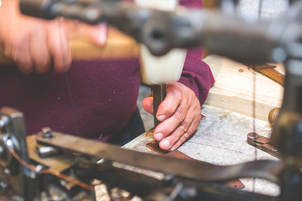 I found out at an early age that there were two ways of learning how to do stuff: learn from your own experience and mistakes (time consuming and usually painful); or learn from other peoples’ experience. This was a revelation, and a very fast way of getting things done. If you combine some background research with other peoples experience it is by far the best way of learning the how to do stuff. That’s how apprenticeships work. So you don’t have time for all this… What if you could tap in to the knowledge of someone who has done it himself, done the research and worked with the old guys who really new how to do things properly and efficiently? Well now you can. I’m launching a new advice service which is available to everyone - at a modest cost. I have a wide range of experience in engineering, mechanics, electronics, off-grid tech, generation, woodwork and renovation, building works, lime work, civil engineering, outdoor skills, self-sufficiency and self-reliance. So, if you have specific technical problem or query that you think I can help with, just fill in the form HERE and I’ll send you a reply telling you whether I can help and how much it will cost. I just wish I had access to something like this 30 years ago... Please note: If you've attended a course with me and have any questions about the course or need any further support and advice there is No Charge for this and I'd be delighted to hear from you at any time. - Grant Pirnie How fixing stuff makes us feel better. WTF is Resilience? I get asked this all the time. And, What's the point of Resilience? Do we really need to know how to do things? After all, we can get just about anything done for us these days - a couple of swipes and someone turns up... Well maybe it's all becoming just too easy, too superficial, too remote? We're falling into the trap of thinking we don't have enough time to do things, to learn things, to make things. We need that time.... to peer into a blue screen. - - - - How many times have you watched someone, doing, making, fixing things and thought, "I wish I could do that"? It doesn't need to be building a concert piano - it just life stuff. Useful stuff. Things our grandparents did all the time. Things that were commonplace and have now become jobs for specialists. Or simple things we've just forgotten how to do. We don't need to do everything - only some things. Stuff that gets us interested, engaged and engages our kids, our family, our people. - - - - Learning practical skills re-connects you - with tradition, history and the rhythms of the planet. You connect through your hands to materials and tools and you gain the confidence to use them. Then you connect with those around you, You move from being a bystander in life to an active participant - and its infectious. - - - - You can live a very productive and satisfying life by learning a few fairly straightforward skills and techniques - and nowadays we have the luxury of choosing which ones. Apart from saving a pile of money, you feel better physically, mentally and emotionally by actually doing stuff for yourself. You don't need to be a skilled artisan or technician - you just have to be competent to the level of your needs. Whether it's making your garden better, fixing things around the house, learning traditional skills, or even aspiring to go completely off-grid, you can stand back and say, "I did that, we did that." It's about reclaiming your power to do things for yourself. About becoming less dependent on others and more self-reliant. - - - - Of course, there are obviously safety related tasks that you can't do for yourself unless you're qualified, like gas installation for example, but not many. - - - - Apart from that, most things that seem overwhelmingly complicated can be broken down into simple steps and principles. And if you have someone to show you how, then you can confidently do it yourself. Even rocket science can be broken down into simple steps. That's what we do at Highland Resilience. It's not about teaching. It's about empowerment. - - - - So resilience isn't just a skill-set; it's an attitude. It's "I can find out, I can learn, this isn't that difficult, I can do it myself!" You don't need to live out in the woods; you just develop the feeling of self-reliance, which ripples out to all parts of your life. It’s about being able to handle change much better, to see the future with less anxiety - it's a state of mind. And it’s a great thing. - - - - You come to a point where doing stuff - achieving things - allows you to relax and really unwind. When you concentrate and make time to do something worthwhile it seems to open up a space for relaxing your mind. It’s like getting to the top of a hill, sitting down for a rest and taking in the beauty of the view. In fact resilience is just as much about nourishing your soul as it is coping with your environment. Strategies for mental resilience are as every bit as important, and whilst they develop as you learn to do things, they can be taught too, which is a whole new and exciting field. So what’s the formula for resilience? It goes like this:
So, stop relying on other people's skills, develop your own, pass them on and be resilient. You can do it. Grant Pirnie www.highlandresilience.co.uk |

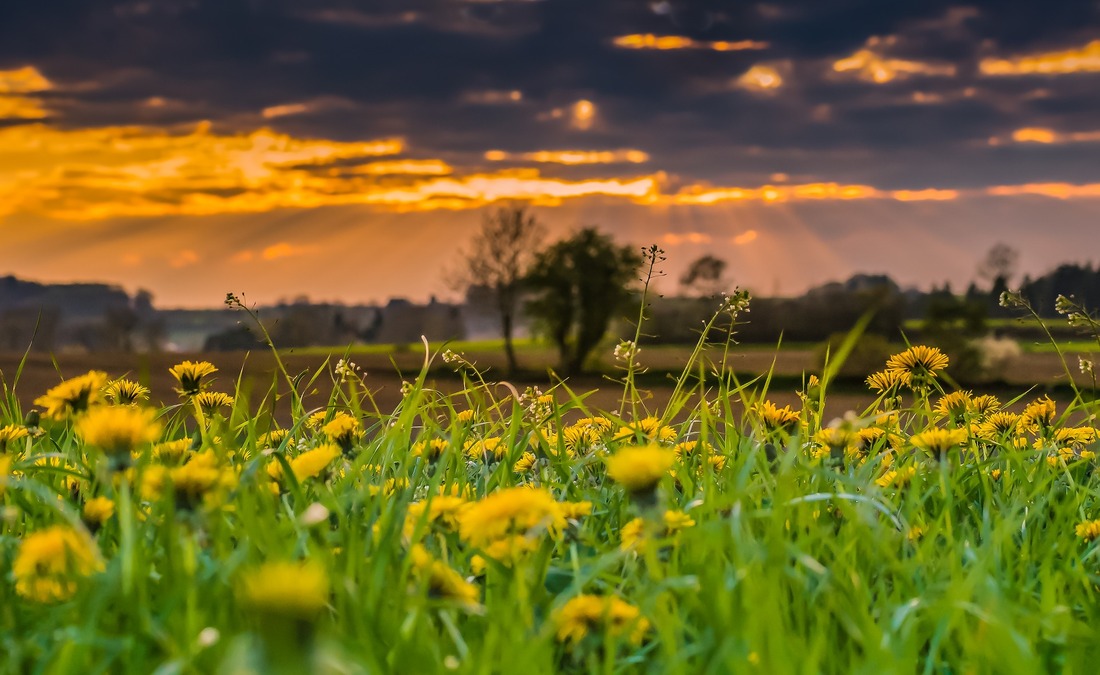
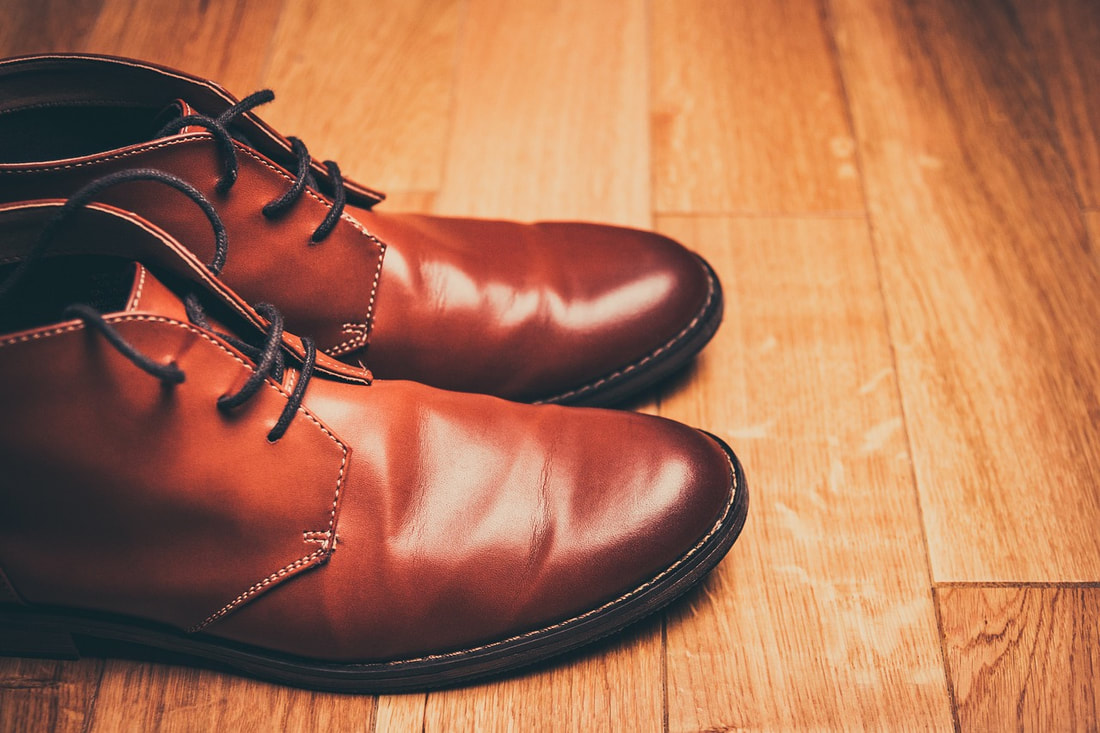
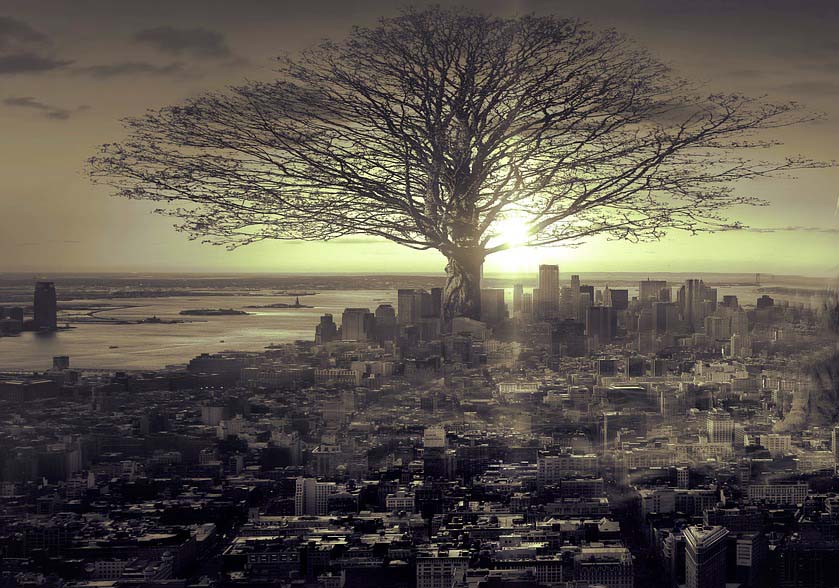

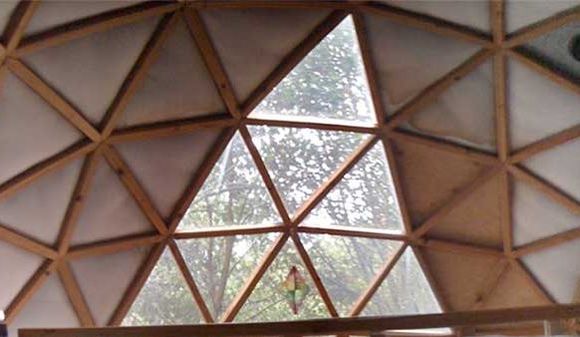
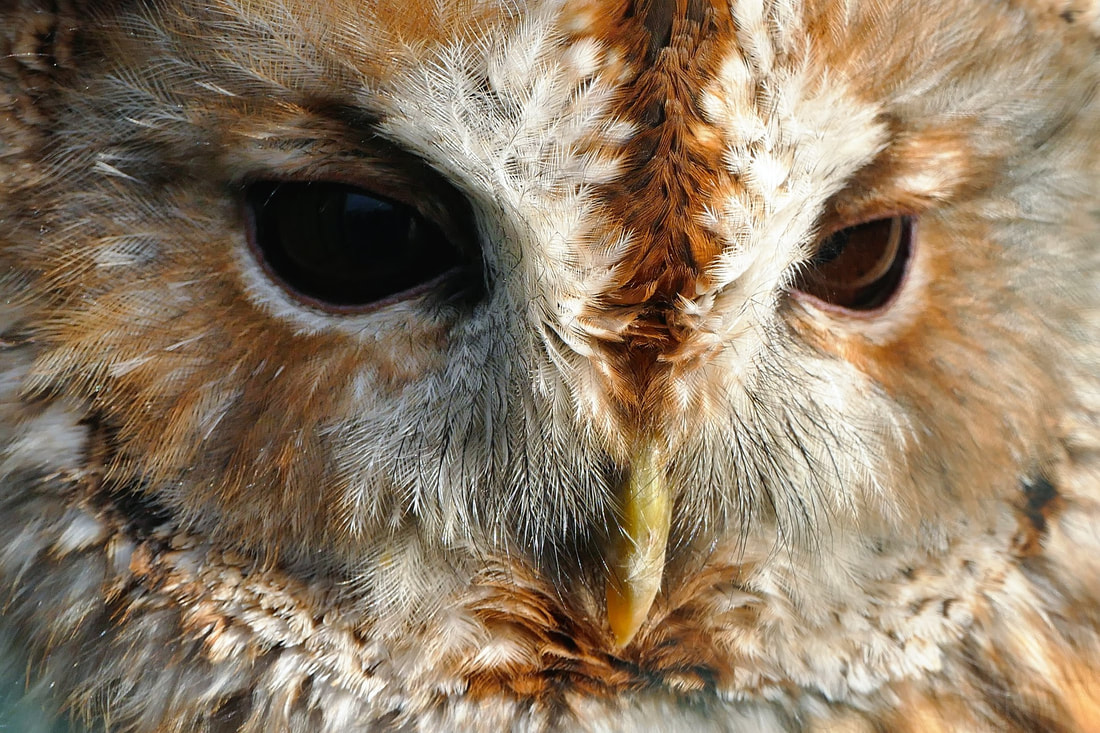
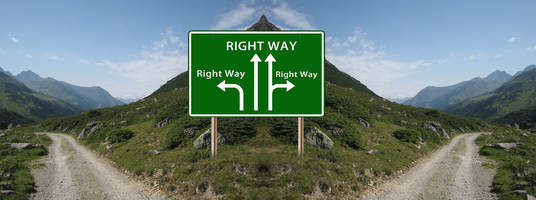

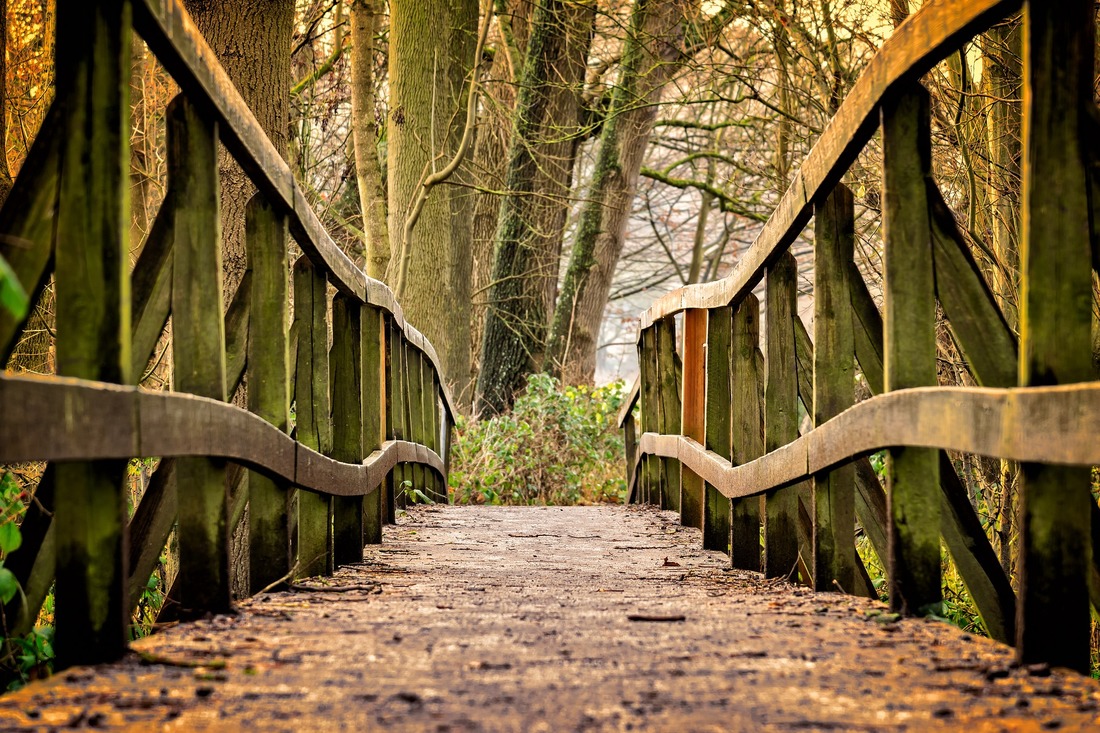
 RSS Feed
RSS Feed